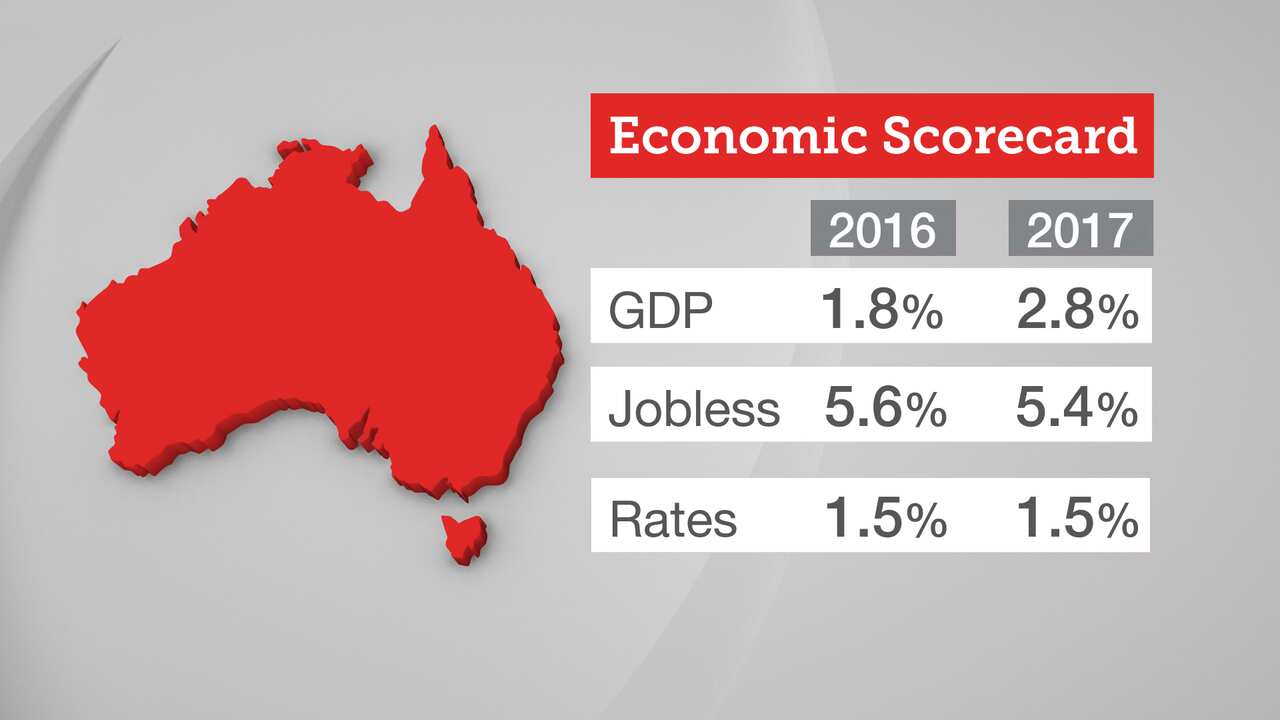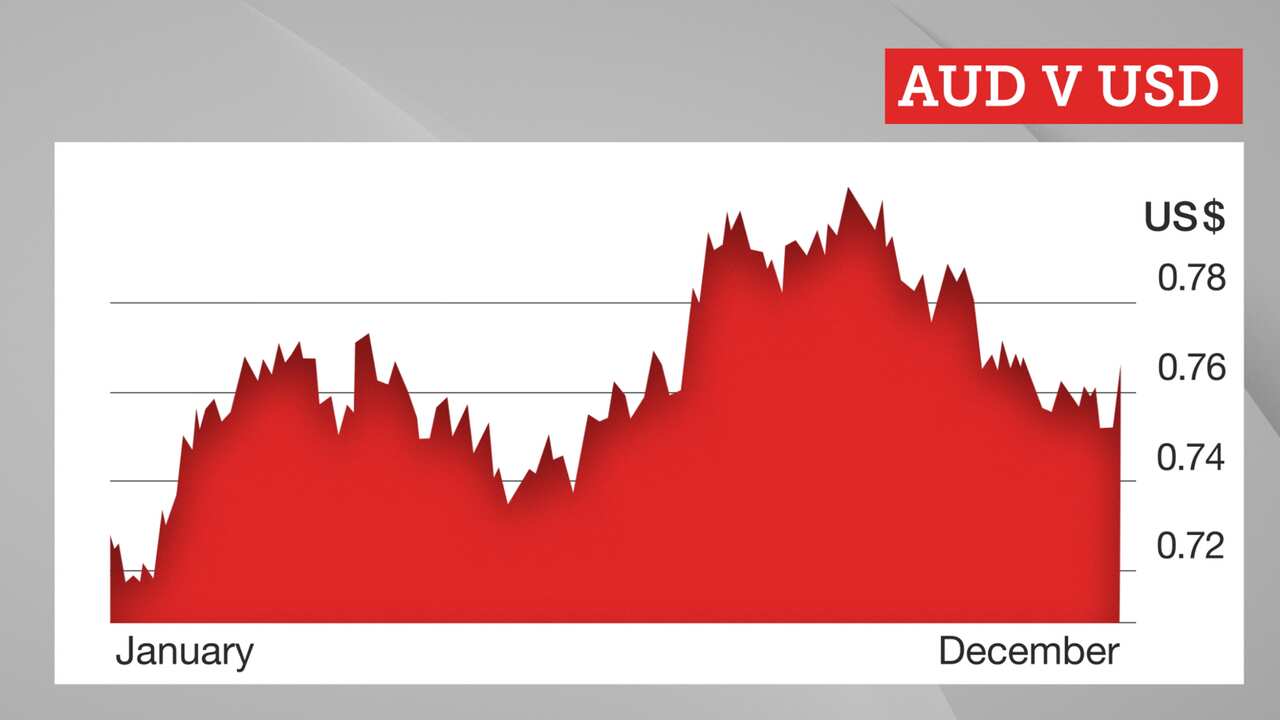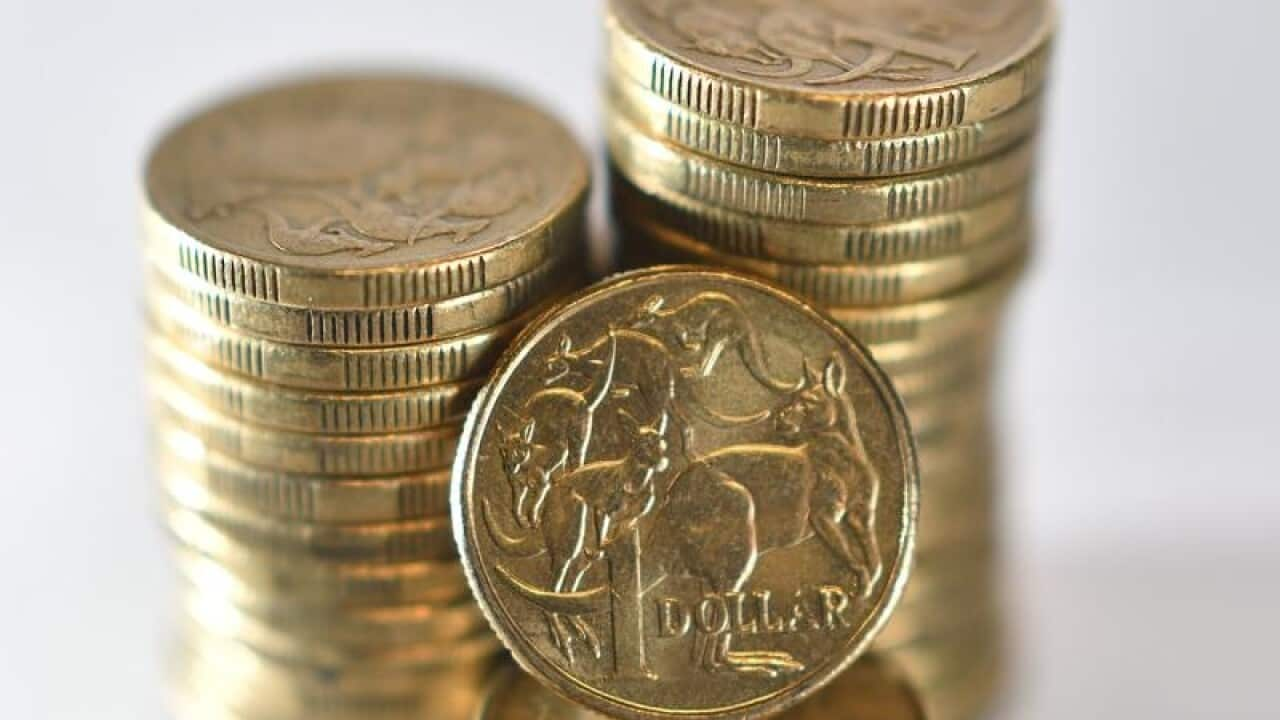2017 began with nerves about how the new US President would make his mark.
Trump's 'business-friendly politics'
AMP Capital Chief Economist Shane Oliver says Donald Trump was a key variable.
"Donald Trump has done a lot of things, but they've largely been business-friendly. So you've seen Donald Trump the pragmatic businessman dominate over Donald Trump the populist. There were moments of Donald Trump the populist in the riots or clashes in Charlottesville, but for the most part, it's all about business-friendly policies."
There's been no trade war with China and global politics have not ignited, even with the Brexit fallout, European elections and tensions with North Korea.
As for President Trump, CommSec Chief Economist Craig James said his plan to cut the United States' corporate tax rate is likely to have the biggest effect.
"Then it's a question of what happens next, but I don't think you can take your eyes off the US President because he has the potential to be somewhat volatile and impact in terms of financial markets and also economies."
Australia continues with economic expansion
Here, Australia recorded its 26th consecutive year of uninterrupted economic expansion.
It's a record achievement in the post-war period, surpassing the Netherlands.
Business conditions are at multi-year highs, the government is spending on infrastructure and export volumes are strong.
Compared with this time last year, annual GDP is higher, the unemployment rate has fallen while official interest rates have remained the same.

But CommSec's Craig James said shoppers are holding onto their wallets.
Tighter consumer spending this year
"Consumers aren't feeling the love in terms of economy, and they're not feeling the love because wages are growing at a much slower pace than what they've done in the past and they're spending more on grudge purchases, things like power bills, gas bills, council rates, those sorts of things," Mr James said.
AMP's Shane Oliver added that low inflation was also a theme.
"In fact record low wages growth, and of course that is feeding through to very weak consumer spending, which is keeping inflation very very low, which is the reason why we've seen which is why we've seen another year of record low-interest rates in Australia," Mr Oliver said.
Australian dollar's surprising performance
Mr James said low-interest rates should have seen the Australian dollar continue to weaken, but it rose from 72 US cents peaking at 80 US in September.

"I think the major factor is that the US dollar didn't rise to the extent that a lot of people expected, and that's because US interest rates didn't rise to the level a lot of people expected, it all gets down to inflation 34 inflation is under control so as a result, the Federal Reserve didn't have to lift interest rates aggressively."
Bitcoin popularity rises
Shane Oliver noted that the real surprise currency of 2017 is Bitcoin surging more than 1,500 per cent.
"People are jumping on the bandwagon and pushing it higher and higher thinking this is the way to instant riches, and I think the risk is that at some point, they are going to be disappointed and wonder what happened," he said.
What to expect in 2018
As for 2018? It's likely to be more of the same, with the local economy being dominated by a low inflationary environment.
Shane Oliver said that factor will dominate the Reserve Bank Board's (RBA) thinking in the new year.
"I think it is going to mean that the Reserve Bank is going to spend most of the year on hold we have an interest rate hike penned in for the end of 2018 but I have to say there is a big risk that might be pushed out to the end of 2019."
And with the housing market cooling on the east coast, it will give the RBA some breathing room as the board continues to watch and wait.

